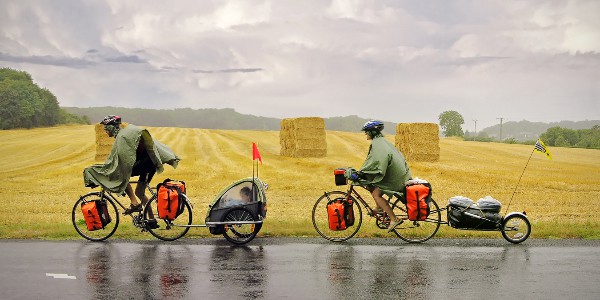Cheer Leader or Drill Sergeant (WT661)
BlogWhat’s the best way to motivate you?
Do you prefer the cheer leader or drill sergeant?
What’s the difference and why is it important?
Let me give you an example.
One time I was at the gym. It was a small ladies gym, in the back of the owner’s house. The owner had employed a young girl to assist with training. There was only enough room for about 4 ladies to train so it was quite cosy and everyone could hear and see what was going on.
I was on the rowing machine. It was 6:00am.
I was moving very slowly and deliberately as I wanted to concentrate on getting my technique right.
The young girl approached me and as she did she yelled “Oh, come on. A bit more effort.”
I was shocked and also embarrassed because the other ladies stopped and looked.
“Come on”, she said again. “Put a bit more effort into it. Stop being lazy.”
Now I was furious.
I was deliberately going slow to practise technique. Yelling at me like a drill sergeant is not the way to motivate me.
What would have worked better for me would have been for her to come over quietly and say something like, “Great technique Shirley, how about we just speed it up a bit more now so you get a bit of a cardio workout with it”.
I was so annoyed and upset by the way this young girl yelled orders at us, I decided not to go back. In hindsight we both missed out. The owner missed out on the revenue and I missed out on the exercise.
This young girl had no idea about how to motivate and inspire people. It wasn’t her fault. She most likely hadn’t been trained.
If you own the business, it’s your responsibility to train your people how to lead and manage. It’s your responsibility to make sure they know how to motivate and inspire your people.
There’s a huge difference between acting like a cheer leader or a drill sergeant.
Both have their place. What is important is that you know when, with whom and how to use the techniques.
You have to know your people.
You have to know what they need.
This week I encourage you to observe your people or simply ask.
“How do you like to be motivated and inspired?”
“What’s the best way for me to support you?”
It’s not a secret. People will tell you. They’ll be impressed you care enough to ask.
Based on what you know already, which of your team members require a cheer leader and which require a drill sergeant?
Now might also be a good time for some self-reflection, what’s your predominant motivation style? Does this work for everyone?
P.S. Invite your friends to get the Weekly Thoughts delivered directly to their inbox. Go to https://shirleydalton.com/weekly-thoughts.
P.P.S. Claim the date. Our next Loyal Lieutenant Masterclass Series starts Thursday 30th March 9:30am Sydney time for 9 weeks. Hands on training, creating and streamlining systems and processes for your team and organisation.













